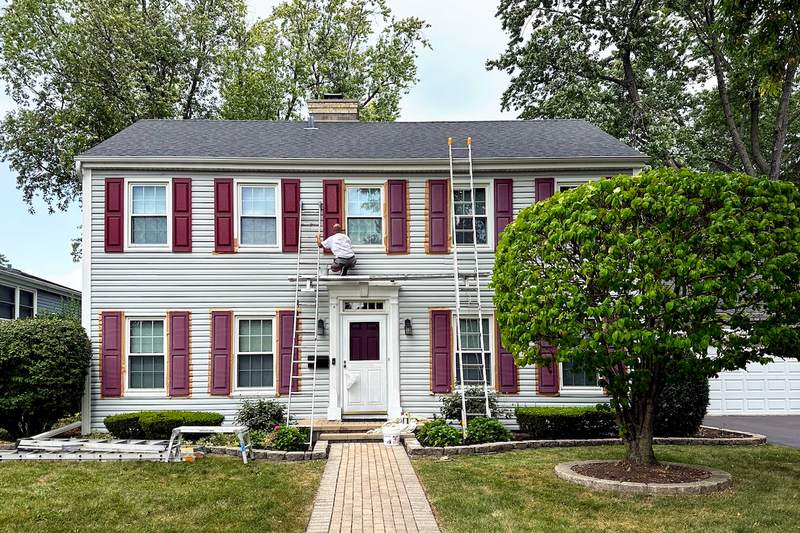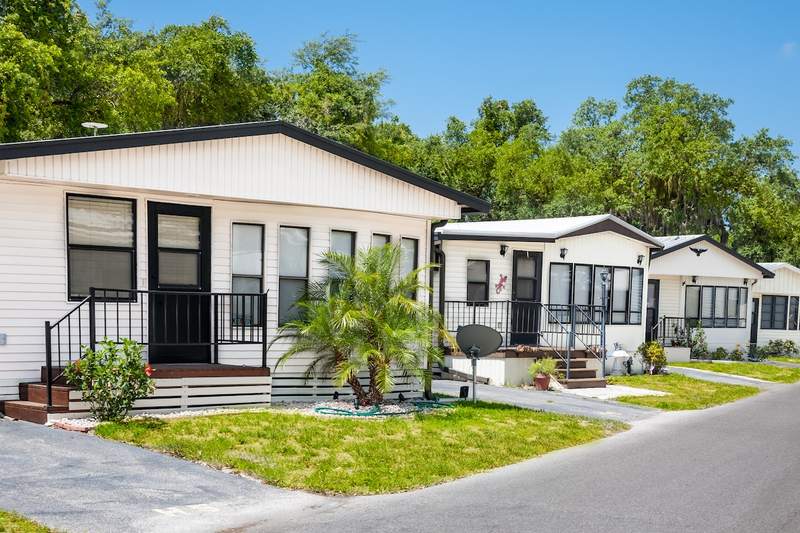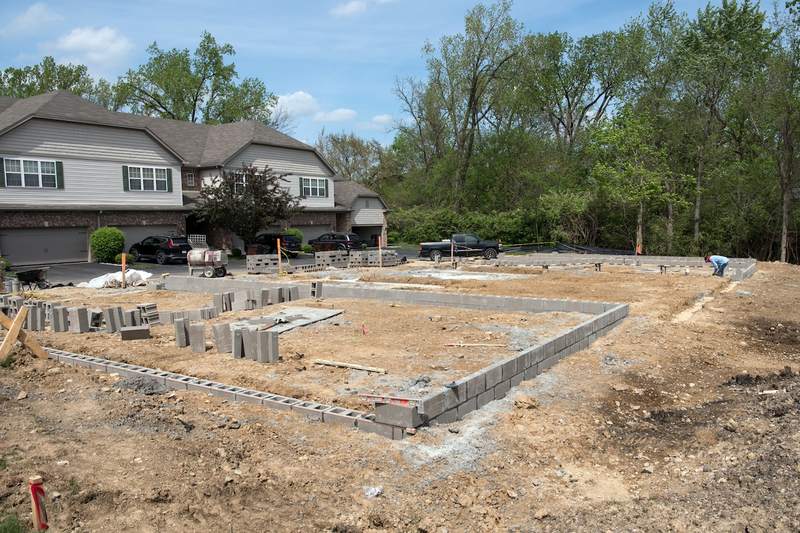

FHA loans have flexible qualification standards and a low down payment requirement. This makes them a good option for many first-time and repeat home buyers even if you have a few dings on your credit. One way to further improve your chances of qualifying is by adding an individual known as a non-occupant or non-occupying co-borrower.
Let’s walk through FHA non-occupant co-borrower guidelines and the benefits of having a non-occupant co-borrower when applying for an FHA loan.
Get matched with a lender that will work for your financial situation.
The FHA allows non-occupying co-borrowers to make the qualification process easier for first-time home buyers and others applying for an FHA loan. The lender will consider both the borrower’s and non-occupying co-borrower’s financial and residential requirements when evaluating the mortgage application.
A co-borrower – whether they be a non-occupying co-borrower or a more traditional co-borrower who lives on the property – can often help those with a fairly low credit score or somewhat high debt-to-income ratio (DTI) qualify for an FHA loan. This makes co-borrowers attractive to younger home buyers and those looking to rebuild their credit. The ability to apply with a non-occupant co-borrower extends this flexibility even more by allowing you to qualify with the income of a co-borrower who won’t be living in the home.
The main benefit of having a co-borrower on an FHA loan is that you can use their income to help you qualify. When a lender is underwriting your mortgage loan, you’ll have a better chance to qualify if your income is higher. That’s because a higher income helps improve your DTI. We’ll delve deeper into DTI requirements for FHA loans below.
If you’re thinking of becoming a co-borrower, be aware that you’ll be equally responsible for the loan regardless of whether you live in the home. If the primary occupying client fails to make payments on the property, you can be held legally and financially responsible for the loan. This means that if the main borrower defaults, it can impact your credit and have other negative effects.
Anyone who qualifies for a mortgage based on a very short list of legal requirements can be a non-occupying co-borrower. However, having that co-borrower be a family member has its advantages.
If you’re using a co-borrower in a transaction with a non-relative, the FHA requires that you make a 25% down payment. For a refinance, you’ll need to have 25% equity in the property. If you’re borrowing in conjunction with a family member, though, you can make the standard FHA minimum down payment of 3.5% as long as your credit score is 580 or higher.
For the purposes of your mortgage eligibility, the FHA defines a family member as one of the following:
One exception is a scenario where a parent sells a home to their child and also signs as a co-borrower. This is called a non-arm’s length transaction, and the minimum down payment is 25%.
Finally, the 3.5% down payment requirement when the non-occupying co-borrower is a family member only applies to single-unit homes. If your property has two to four units, the minimum down payment is 25%.
Being a non-occupying co-borrower involves meeting a couple of basic requirements. These include being a U.S. citizen and having a primary residence in the U.S. Additionally, you’ll have to sign the mortgage note and be jointly responsible for the loan. Beyond that, you must meet several requirements related to your financial profile. They include the following:
Get matched with a lender that will work for your financial situation.
With home loans, you’ll find a few similarities and differences between a co-signer and a co-borrower. Both a co-signer and a co-borrower can help you qualify for a mortgage, but their rights and responsibilities are a bit different.
Co-signers don’t hold any ownership in the property – though they’re still financially responsible. However, they go through the same review process as a co-borrower to help you qualify for a mortgage. A co-signer will also need to sign all documents, except the security instrument, that are associated with the mortgage. Co-borrowers will need to sign all documentation, including the mortgage, title and security instrument.
While the review process for a co-borrower is mostly the same as a co-signer, co-borrowers typically have ownership rights in addition to financial responsibility. However, non-occupying co-borrowers may or may not have an ownership interest in the property, according to the U.S. Department of Housing and Urban Development website.
The biggest benefit to applying with a non-occupant co-borrower is that you can use their income to help lower your DTI, meaning you can qualify for a bigger mortgage payment. This in turn strengthens your budget so you can afford more home or qualify to refinance.
There’s a misconception that having a co-borrower will help you if you have some blemishes on your credit report. This isn’t the case with an FHA loan. That’s because your interest rate is based on the lowest median score of all applicants.
Applying with a non-occupant co-borrower can allow you to add to your budget and qualify for a larger mortgage based on the extra income. Both borrowers must meet the credit score requirement and are equally responsible for the loan.
Having a family member as a non-occupant co-borrower can have a big impact on your down payment. If your non-occupant co-borrower is a family member, the required down payment is only 3.5% as long as your credit score is at least 580. Otherwise, you’ll need to put 25% down to buy or refinance.
Get matched with a lender that will work for your financial situation.












LMB Mortgage Services, Inc., (dba Quicken Loans), is not acting as a lender or broker. The information provided by you to Quicken Loans is not an application for a mortgage loan, nor is it used to pre-qualify you with any lender. If you are contacted by a lender or broker advertising within our network, your quoted rate may be higher depending on your property location, credit score, loan-to-value ratio, debt-to-income ratio, and/or other factors. Quicken Loans does not offer its matching services in all states. This loan may not be available for all credit types, and not all service providers in the Quicken Loans network offer this or other products with interest-only options. The information that we provide is from companies which Quicken Loans and its partners may receive compensation. This compensation may influence the selection, appearance, and order of appearance on this site. The information provided by Quicken Loans does not include all financial services companies or all of their available product and service offerings. Article content appears via license from original author or content owner, including Rocket Mortgage.
Note: Actions on this website are recorded for quality assurance or training purposes. Input of data constitutes consent.
Quicken Loans is a registered trademark of Rocket Mortgage, LLC, used under license by LMB Mortgage Services, Inc.
LMB Mortgage Services, Inc. | NMLS #167283
4859 W Slauson Ave #405 Los Angeles, CA 90056